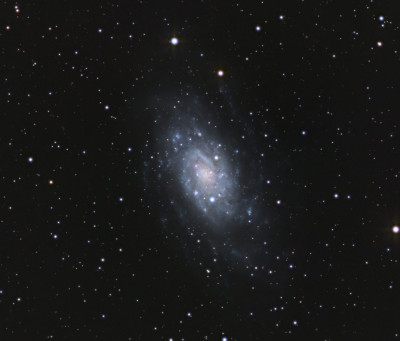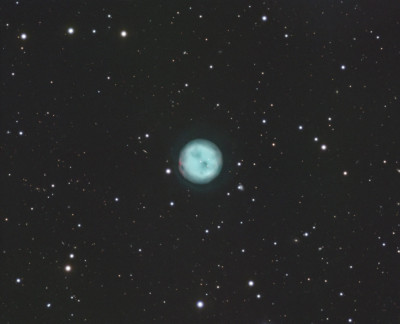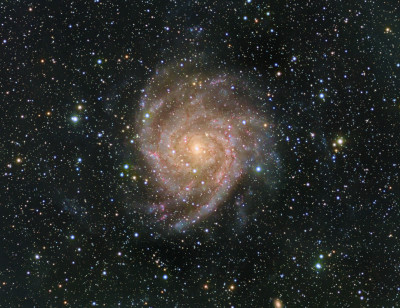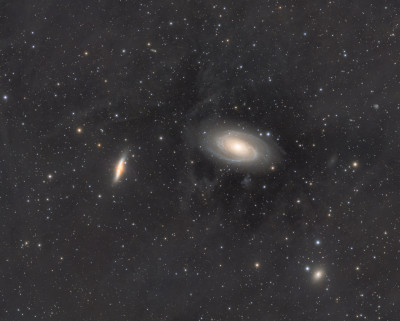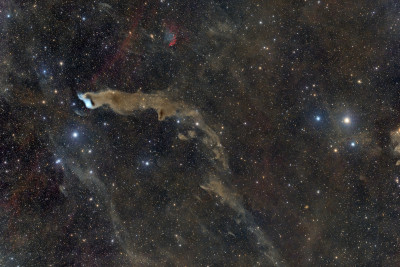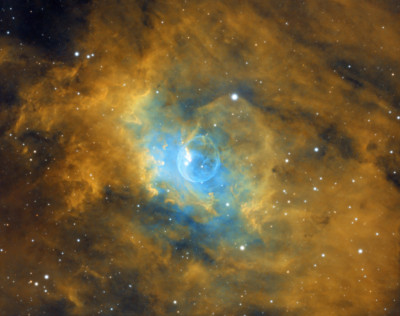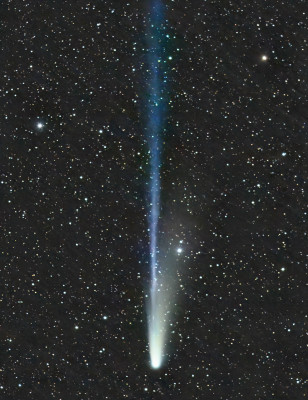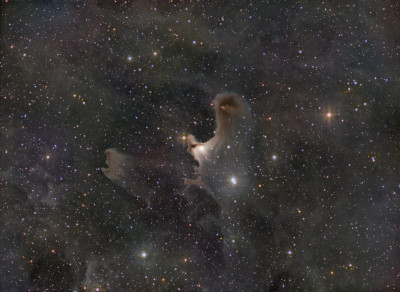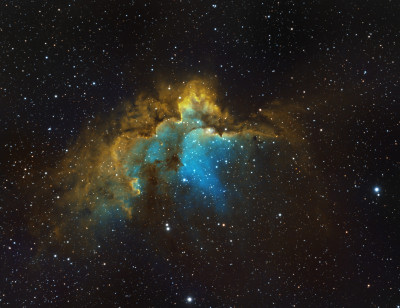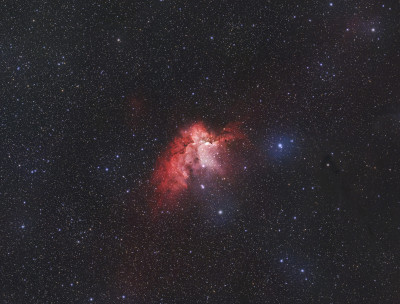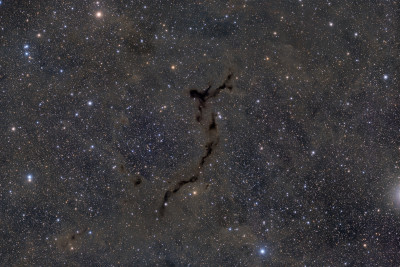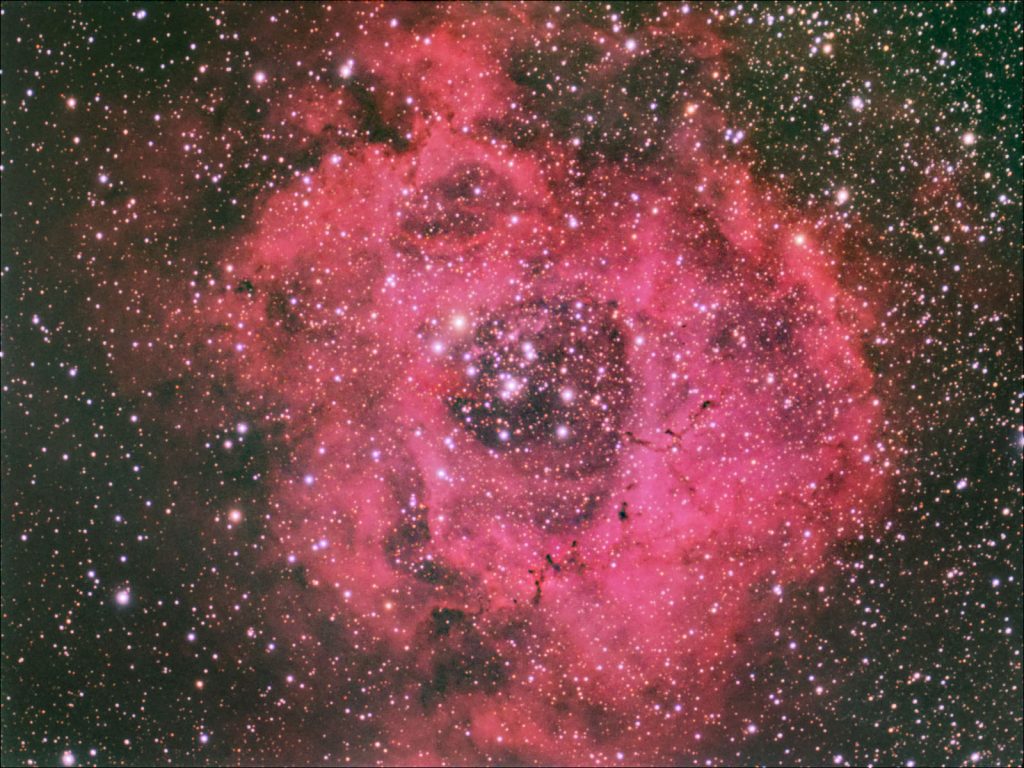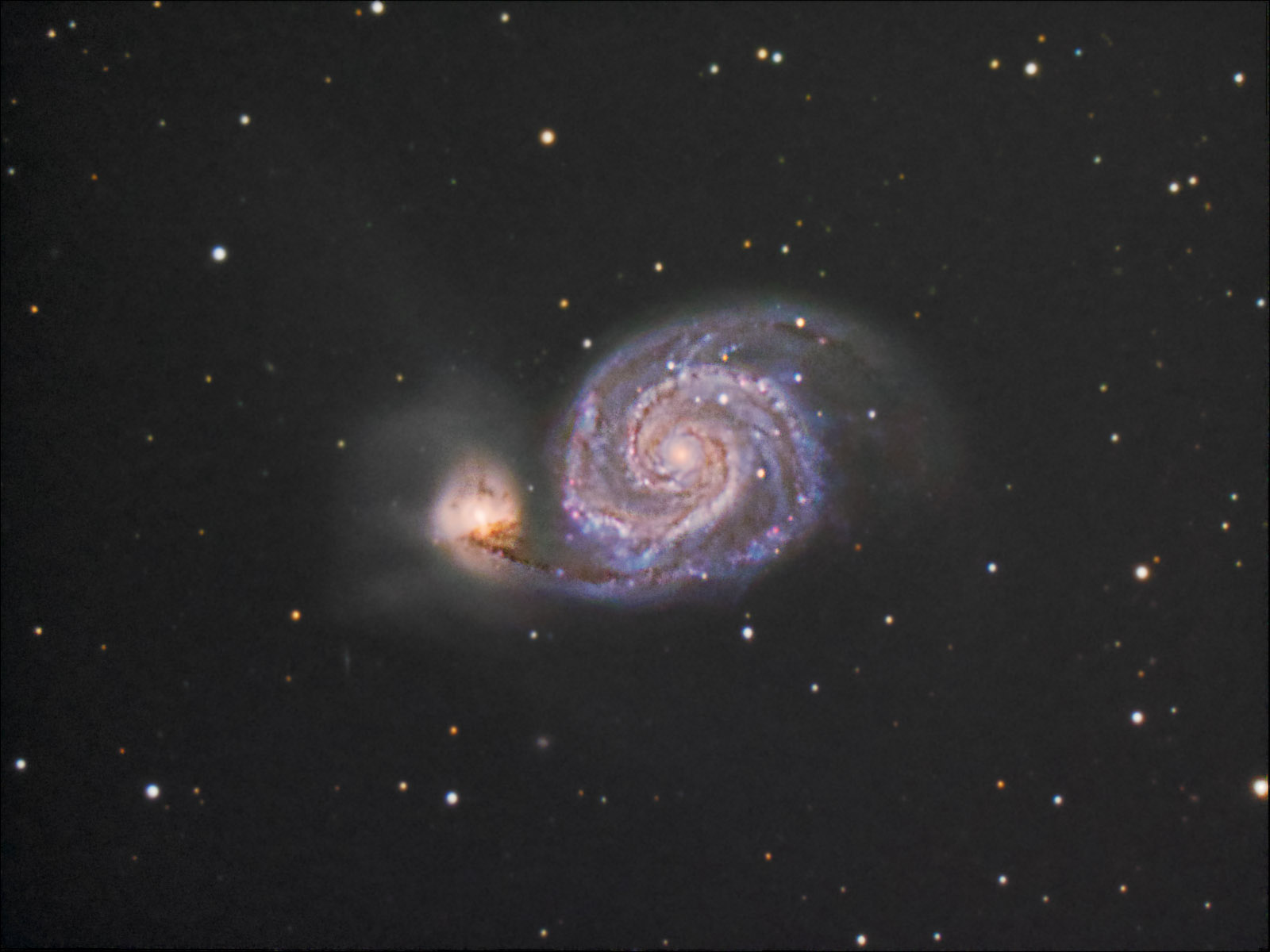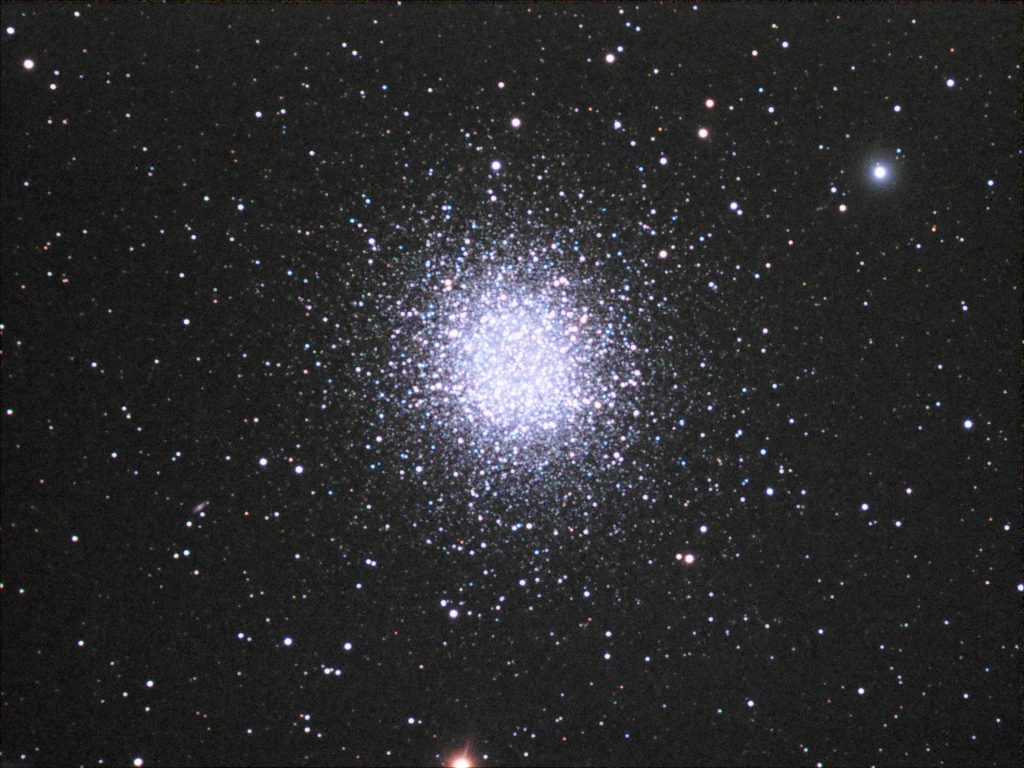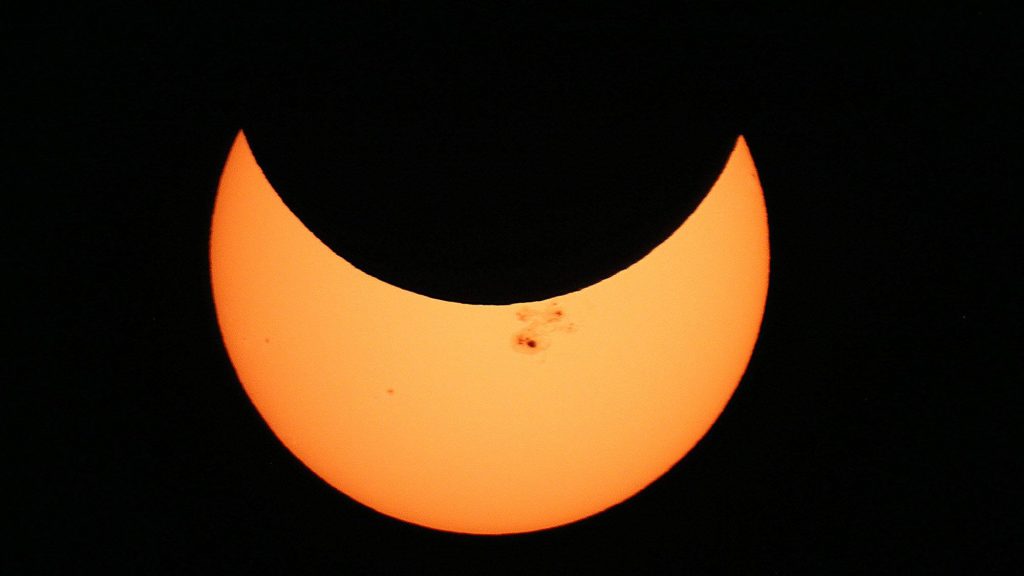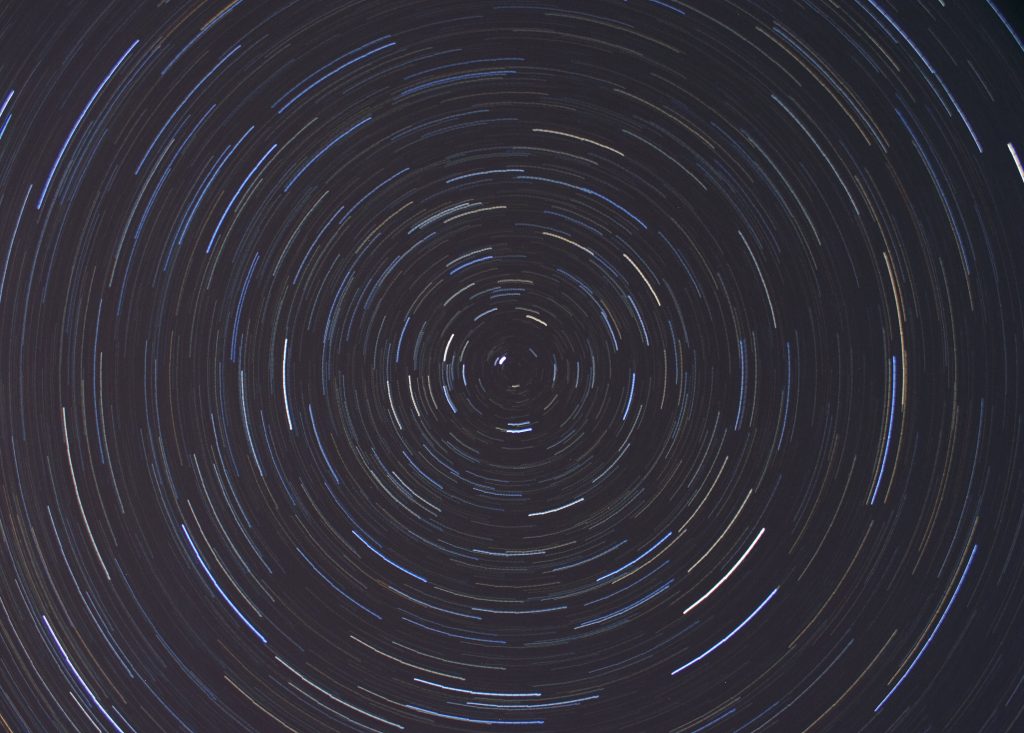Beluga Lake Observatory
Nestled in beautiful Homer, Alaska
Recent Photos
Jan 2026
Dec 2025
Dec 2025
Dec 2025
Dec 2025
Dec 2025
Oct 2025
Dec 2024
Nov 2024
Nov 2024
Nov 2024
Oct 2024
Nebulas
A nebula (Latin for "cloud" or "fog") is an interstellar cloud of dust, hydrogen, helium and other ionized gases. Most nebulae are of vast size, some are hundreds of light years in diameter.
Galaxies
A galaxy is a gravitationally bound system of stars, stellar remnants, interstellar gas, dust, and dark matter. The word galaxy is derived from the Greek galaxias, literally “milky”, a reference to the Milky Way.
Star Clusters
Star clusters are groups of stars. Two types of star clusters can be distinguished: globular clusters are tight groups of hundreds or thousands of very old stars which are gravitationally bound, while open clusters, more loosely clustered groups of stars, generally contain fewer than a few hundred members, and are often very young.
Solar System
The Solar System is the gravitationally bound system of the planets and the Sun plus other objects that orbit it, either directly or indirectly. Of the objects that orbit the Sun directly, the largest eight are the planets, with the remainder being smaller objects, such as dwarf planets and small Solar System bodies
Stars, Star Trails, & Meteors
A star is type of astronomical object consisting of a luminous spheroid of plasma held together by its own gravity. The nearest star to Earth is the Sun. Many other stars are visible to the naked eye from Earth during the night, appearing as a multitude of fixed luminous points in the sky due to their immense distance from Earth.
Astronomy Quote of the Day
"If the Lord Almighty had consulted me before embarking upon his creation, I should have recommended something simpler."
- Alfonso X of Castile
